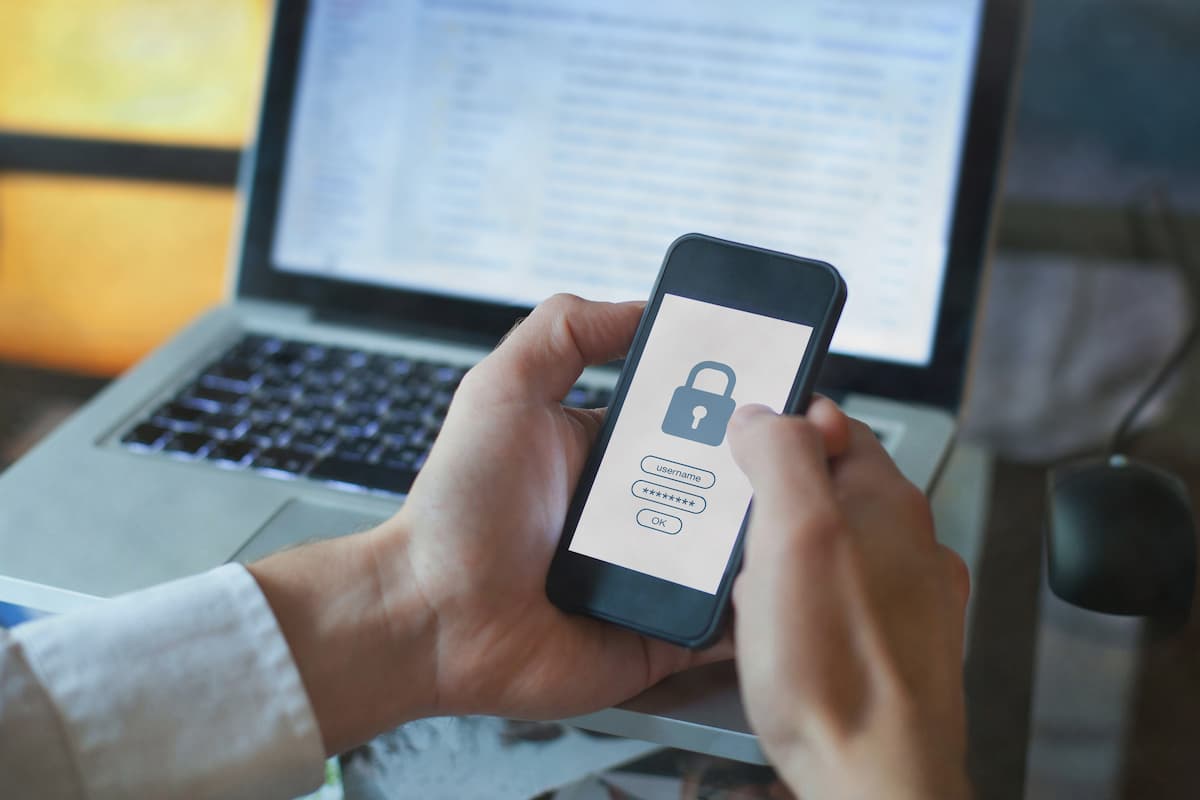Earning money is hard enough — so you definitely don’t want to lose any of your hard-won cash to a scammer.
Unfortunately, tricking people into parting ways with their money can be very lucrative for those willing to stoop so low, and the internet makes it easier than ever to commit fraud.
You probably already know to approach phone calls from unknown numbers with suspicion and not to give out your social security number to just anybody. But as scams have proliferated, they’ve gotten more and more creative, too. You don’t have to be especially gullible to fall into one of these traps.
Here are a few common modern scams to be on the lookout for.
Phishing
Phishing happens when scammers send emails or other correspondence from what appears to be a reputable company, like your bank or even the IRS. Because these are institutions whose legitimate communications are important — and because phishing scams may mention a security breach or impending lawsuit — it’s all too easy to accidentally give away your personal information out of fear.
When you receive an email from what appears to be your bank or any legitimate company, you’ll sometimes be able to tell something’s off from the way it’s written or the email address in the “from” line. But if you’re ever asked for details like your username or password, or the sender is trying to collect money, stop. Bills are generally not collected via email, and most financial institutions won’t ask for your password.
If you’re concerned there’s a problem, reach out to the institution directly via their contact information rather than responding to the email.
Online Dating
Finding love can be fun — but it can also be fraught with worry, and not just because of bad dates or getting ghosted. Since these matters definitionally play close to our hearts, scammers take advantage of the opportunity to manipulate our emotions.
It usually involves some sort of long-distance situation: maybe the person you’re talking to says she’s an actively deployed soldier, or he lives on the other side of the country. They might say they want to come meet you in person, but they can’t afford the airfare; would you send them some money?
As hard as it can be to think critically about somebody you’re becoming romantically involved with, it’s important to step back, slow down — and avoid sending money or secure information, like your credit card number, to people you’ve only known for a short time. (Or pretty much anyone, for that matter.)
Lotteries and Sweepstakes
Ever get an email or a phone call stating you’ve “won” some contest you never even entered, with attractive grand prizes on the other end like a tropical cruise or a big check?
Often, if you actually respond to these scammers, they’ll eventually be the ones asking you for money, under the guise of needing to collect taxes or take a deposit before you can collect your award.
Unsolicited Technical Support
Maybe you get an email or other notification that malware has been detected on your computer — but fortunately, the company sending that message knows how to clean it up! There will, of course, be a fee associated with that service…
Bottom Line: Think Twice Before You Part with Your Hard-Earned Money
We could never successfully list all the possible scams you might run into in one article — not least because they’re constantly evolving. In two years, there will probably be scams we haven’t heard of yet… not to mention new technology on which those scammers might play their games.
Know who else is constantly evolving and adapting along with the changing times and technology? That’s right, it’s Quontic! If you’re ever facing a situation that feels a little bit fishy with your Quontic account, feel free to contact us.
The information contained in this article is provided for general informational purposes, and should not be construed as advice, a solicitation or offer, or a recommendation.





